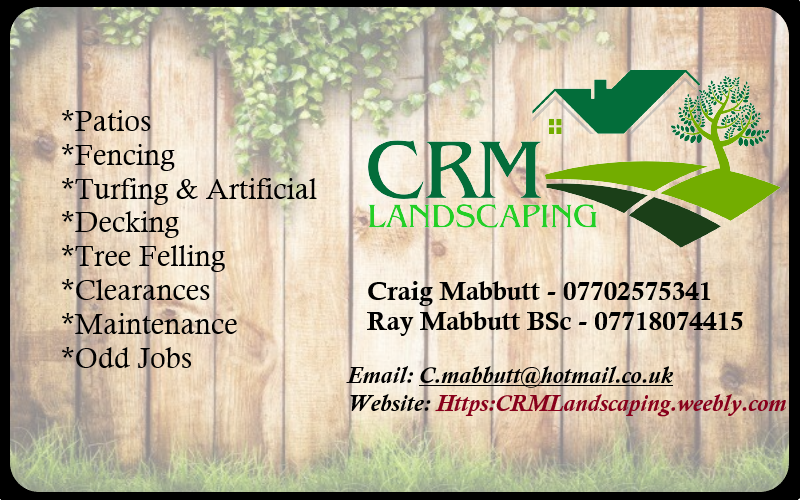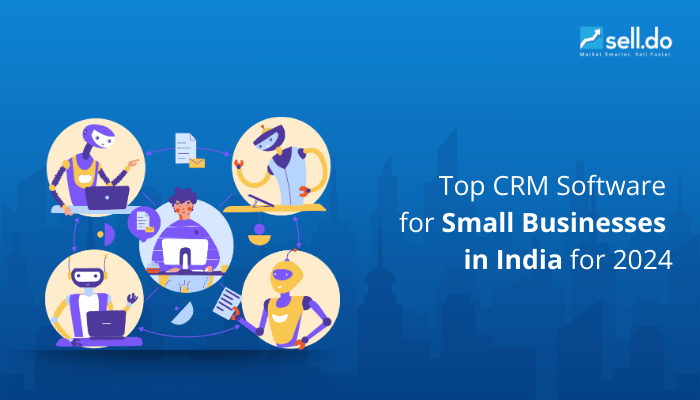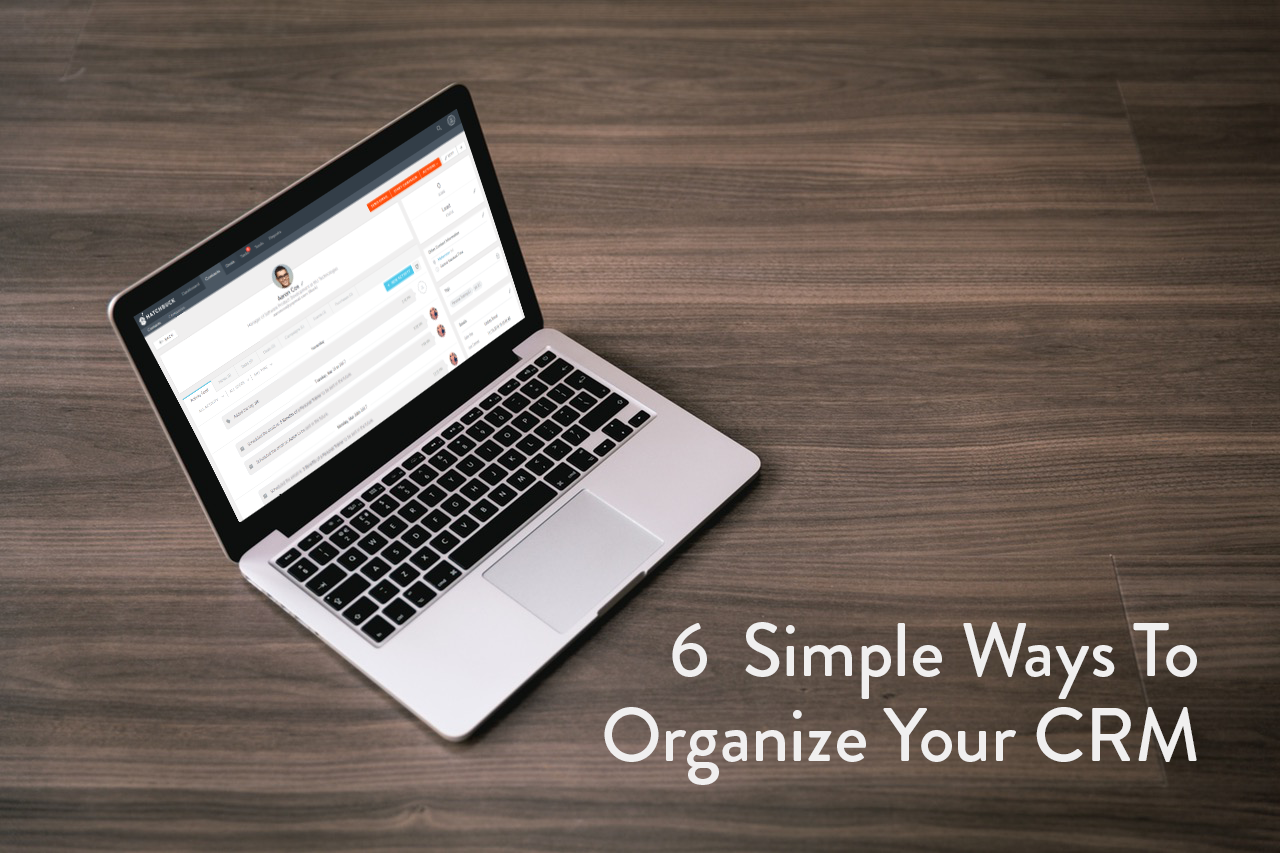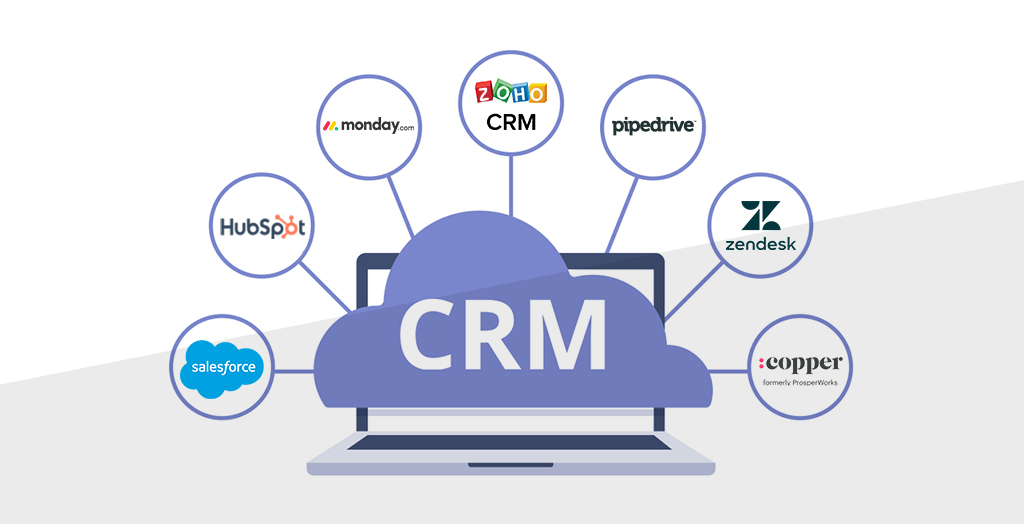Boost Your Small Business: Unlocking Efficiency with CRM
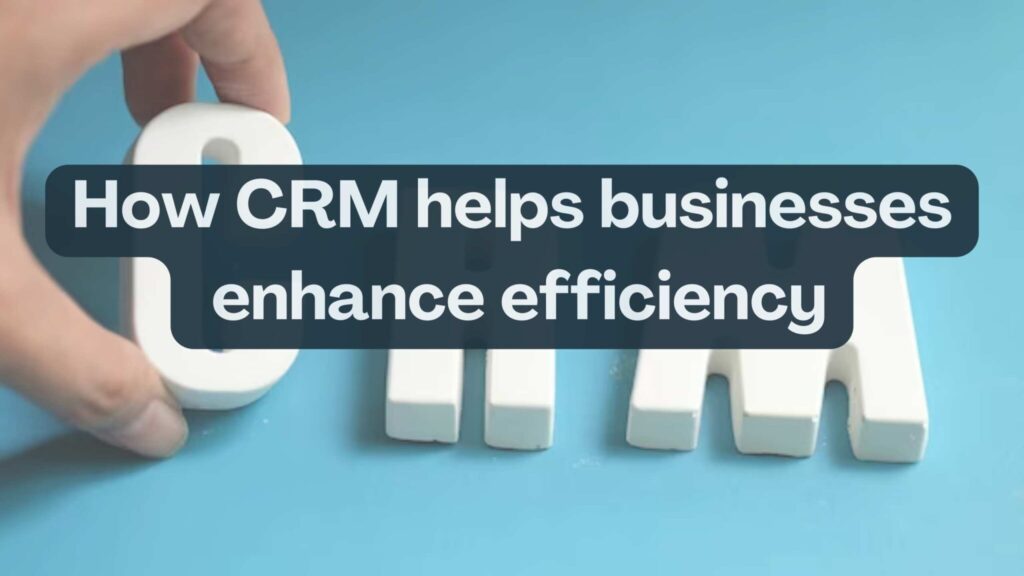
Boost Your Small Business: Unlocking Efficiency with CRM
Running a small business is a whirlwind of activity. You’re juggling everything from sales and marketing to customer service and operations. Staying organized, keeping track of leads, and nurturing customer relationships can feel like an uphill battle. That’s where Customer Relationship Management (CRM) software comes in. It’s not just for the big guys; CRM is a game-changer for small businesses, offering a powerful way to streamline processes, improve efficiency, and ultimately, boost your bottom line.
What is CRM and Why Does Your Small Business Need It?
At its core, CRM is a system that helps you manage your interactions with current and potential customers. It’s a central hub for all your customer data, allowing you to track every interaction, from initial contact to purchase and beyond. Think of it as a digital brain for your business, remembering details you might otherwise forget. This can include contact information, communication history, purchase history, and any other relevant information.
But why is CRM so crucial for small businesses? The answer lies in its ability to address common challenges. Small businesses often struggle with:
- Lack of Organization: Without a centralized system, customer information can be scattered across spreadsheets, email inboxes, and sticky notes. This makes it difficult to find what you need, when you need it.
- Inefficient Communication: Without a clear view of past interactions, sales reps might repeat themselves or miss important details, leading to frustrated customers and lost opportunities.
- Poor Customer Service: Without a comprehensive understanding of customer needs and preferences, providing personalized service can be challenging.
- Missed Sales Opportunities: Without a system to track leads and nurture them through the sales funnel, potential customers may fall through the cracks.
CRM software solves these problems by:
- Centralizing Customer Data: All your customer information is stored in one place, making it easy to access and manage.
- Improving Communication: CRM provides a complete history of customer interactions, allowing you to personalize your communication and avoid repeating yourself.
- Enhancing Customer Service: With a 360-degree view of each customer, you can provide more tailored and effective service.
- Boosting Sales: CRM helps you track leads, manage the sales pipeline, and identify opportunities for upselling and cross-selling.
Key Benefits of CRM for Small Businesses
Implementing CRM offers a multitude of advantages for small businesses. Here are some of the most significant:
1. Enhanced Customer Relationships
CRM empowers you to build stronger relationships with your customers. By providing a complete view of each customer, you can personalize your interactions and provide a more tailored experience. This leads to increased customer satisfaction, loyalty, and ultimately, repeat business. You can segment your customers based on their behavior, preferences, and purchase history, allowing you to send targeted marketing messages and offers. This level of personalization fosters a sense of connection and makes your customers feel valued.
2. Improved Sales Performance
CRM streamlines the sales process, making it easier for your sales team to close deals. Features like lead tracking, sales pipeline management, and automated follow-up tools help your sales reps stay organized and focused on the most promising leads. CRM also provides valuable insights into sales performance, allowing you to identify areas for improvement and optimize your sales strategies. By analyzing sales data, you can gain a better understanding of what’s working and what’s not, and make data-driven decisions to boost your sales results. This ultimately leads to increased revenue and business growth.
3. Increased Efficiency and Productivity
CRM automates many of the time-consuming tasks that small businesses often struggle with, such as data entry, scheduling appointments, and sending follow-up emails. This frees up your team to focus on more important tasks, such as building relationships with customers and closing deals. By automating repetitive tasks, CRM helps your team work smarter, not harder. This increased efficiency translates to higher productivity, reduced operational costs, and a more streamlined workflow. Furthermore, CRM can integrate with other business tools, such as email marketing platforms and accounting software, further automating processes and saving time.
4. Better Data Management and Reporting
CRM provides a central repository for all your customer data, making it easy to track and analyze key metrics. You can generate reports on sales performance, customer behavior, and marketing campaign effectiveness. This data-driven approach allows you to make informed decisions and optimize your business strategies. With CRM, you can gain a deeper understanding of your customers, their needs, and their preferences. This information can be used to improve your products and services, tailor your marketing efforts, and enhance your overall customer experience. Sophisticated reporting features also allow you to track key performance indicators (KPIs) and monitor your progress towards your business goals.
5. Streamlined Marketing Efforts
CRM integrates with your marketing efforts, allowing you to create targeted campaigns, track campaign performance, and nurture leads. You can segment your customer base based on various criteria, such as demographics, purchase history, and website activity, and then send personalized marketing messages to each segment. This targeted approach increases the effectiveness of your marketing campaigns and improves your return on investment (ROI). CRM also helps you track the performance of your marketing campaigns, so you can identify what’s working and what’s not, and make adjustments as needed. This data-driven approach to marketing ensures that you are getting the most out of your marketing budget.
Choosing the Right CRM for Your Small Business
Selecting the right CRM is crucial for its successful implementation and adoption. Here’s a breakdown of factors to consider:
1. Identify Your Needs and Goals
Before you start shopping for CRM software, take the time to define your business needs and goals. What are the key challenges you’re trying to solve? What specific features do you need? What are your budget and technical capabilities? By clearly identifying your needs and goals, you can narrow down your options and choose a CRM that’s a good fit for your business. Consider what you want to achieve with CRM, such as increasing sales, improving customer service, or streamlining marketing efforts.
2. Consider Your Budget
CRM software comes in a variety of price points, from free and open-source options to enterprise-level solutions. Determine your budget and find a CRM that fits within your financial constraints. Consider not only the initial cost of the software but also ongoing costs, such as implementation, training, and maintenance. Some CRM providers offer tiered pricing plans based on the number of users or features. Choose a plan that aligns with your current needs and allows for future growth.
3. Evaluate Features and Functionality
Different CRM systems offer different features. Make sure the CRM you choose has the features you need to meet your specific business requirements. Some common features to look for include contact management, lead tracking, sales pipeline management, email integration, marketing automation, reporting and analytics, and mobile access. Consider the size of your team, the complexity of your sales process, and your future growth plans when evaluating features. Prioritize features that align with your business goals and address your most pressing challenges.
4. Ease of Use and Implementation
The CRM should be easy to use and implement. A complex or difficult-to-use CRM will likely lead to low adoption rates and wasted resources. Look for a CRM with an intuitive user interface, easy-to-understand features, and comprehensive training and support resources. Consider the time and resources required for implementation. Some CRM systems offer pre-built integrations with other business tools, while others may require custom development or integrations. Choose a CRM that is easy to implement and integrate with your existing systems.
5. Scalability and Integrations
Choose a CRM that can grow with your business. As your business expands, you’ll need a CRM that can accommodate more users, more data, and more complex processes. Look for a CRM that offers scalability and flexibility. Consider the integrations offered by the CRM. Does it integrate with the other tools and systems your business uses, such as email marketing platforms, accounting software, and social media channels? Integrations can streamline your workflow and improve efficiency. Choose a CRM that offers the integrations you need to connect your business systems.
6. Customer Support and Training
Ensure the CRM vendor offers adequate customer support and training. You’ll need help when you have questions or encounter issues. Look for a CRM vendor that provides responsive customer support, comprehensive documentation, and training resources. Consider the availability of online tutorials, webinars, and in-person training options. A CRM vendor with excellent customer support and training can help you get the most out of your CRM investment.
Top CRM Software Options for Small Businesses
Here are a few popular CRM software options that are well-suited for small businesses:
- HubSpot CRM: Known for its user-friendliness and free version, HubSpot CRM offers a comprehensive suite of features, including contact management, sales pipeline management, and marketing automation. It’s a great option for businesses looking for an all-in-one solution.
- Zoho CRM: Zoho CRM is a feature-rich CRM that offers a wide range of customization options. It’s a good choice for businesses that need a more tailored solution.
- Salesforce Sales Cloud: While Salesforce is a powerful CRM, it can be complex and expensive for some small businesses. However, it offers a wide range of features and integrations, making it a good option for growing businesses with complex needs.
- Pipedrive: Designed specifically for sales teams, Pipedrive is a user-friendly CRM that focuses on pipeline management and deal tracking.
- Freshsales: Freshsales is a sales-focused CRM that offers features such as lead scoring, sales automation, and built-in phone and email.
Implementing CRM: A Step-by-Step Guide
Once you’ve chosen your CRM, it’s time to implement it. Here’s a step-by-step guide to help you get started:
1. Plan Your Implementation
Before you start implementing your CRM, take the time to plan. Define your goals, identify your key processes, and determine how you’ll use the CRM to support your business objectives. Develop a detailed implementation plan that outlines the steps involved, the timeline, and the resources required. Consider the order in which you’ll implement different features and functionalities. Proper planning is essential for a successful CRM implementation.
2. Data Migration
If you’re migrating data from existing systems, such as spreadsheets or other CRM software, you’ll need to import your data into your new CRM. Clean and organize your data before importing it to ensure accuracy and consistency. Map your data fields to the corresponding fields in your CRM. Test the import process to ensure that your data is being imported correctly. Data migration is a crucial step in the implementation process, so take the time to do it right.
3. Customize Your CRM
Most CRM systems allow you to customize the system to fit your specific needs. Configure the system to reflect your business processes, sales stages, and customer segments. Customize fields, create custom reports, and set up automated workflows. The more you customize your CRM, the more effective it will be for your business. Tailor the CRM to meet your unique requirements.
4. Train Your Team
Provide training to your team on how to use the CRM. This is essential for ensuring that your team adopts the CRM and uses it effectively. Offer training on all the features and functionalities of the CRM. Provide hands-on training and practice sessions. Encourage your team to ask questions and provide feedback. The more training your team receives, the more likely they are to adopt and use the CRM successfully. Ensure your team is comfortable with the CRM and understands how to use it.
5. Test and Refine
Before you fully launch your CRM, test it thoroughly. Ensure that all features and functionalities are working correctly. Identify any issues or bugs and address them before launch. Gather feedback from your team and make adjustments as needed. CRM implementation is an ongoing process. Continuously evaluate your CRM usage and make improvements as needed to optimize its performance. Regularly review your CRM processes and make adjustments to ensure that they are aligned with your business goals.
Maximizing CRM Usage for Peak Efficiency
Simply implementing a CRM isn’t enough. To truly reap the benefits, you need to maximize its usage. Here’s how:
1. Consistent Data Entry
Ensure that your team consistently enters all relevant customer data into the CRM. This is crucial for maintaining accurate and up-to-date information. Establish clear guidelines and procedures for data entry. Enforce data entry standards to ensure consistency. Regular data entry is the foundation of a successful CRM.
2. Utilize Automation Features
Leverage the automation features of your CRM to streamline your workflow. Automate repetitive tasks, such as sending follow-up emails, scheduling appointments, and updating customer records. Automation saves time and reduces the risk of human error. Explore all the automation capabilities of your CRM and implement them where appropriate. Automate tasks to free up your team to focus on more important tasks.
3. Track Key Metrics and Analyze Data
Regularly track key metrics and analyze your data to identify areas for improvement. Use the reporting and analytics features of your CRM to gain insights into your sales performance, customer behavior, and marketing campaign effectiveness. Analyze your data to identify trends, patterns, and opportunities. Use data to make informed decisions and optimize your business strategies. Data analysis is essential for maximizing the value of your CRM.
4. Integrate CRM with Other Tools
Integrate your CRM with other tools and systems, such as email marketing platforms, accounting software, and social media channels. Integrations can streamline your workflow and improve efficiency. This will allow for a more complete view of your customers and their interactions with your business. Sync data between different systems to ensure data consistency. Integrate CRM with other tools to create a more connected and efficient business ecosystem.
5. Regularly Review and Update Your CRM
CRM is not a set-it-and-forget-it solution. Regularly review your CRM usage and make adjustments as needed. This includes updating customer data, refining your sales processes, and optimizing your marketing campaigns. Stay up-to-date with the latest features and functionalities of your CRM. Regularly review and update your CRM to ensure that it continues to meet your business needs. Adapt your CRM to changing business requirements. Make sure your CRM remains relevant and effective.
Common Mistakes to Avoid
Even with the best intentions, businesses can make mistakes when implementing and using CRM. Here are some common pitfalls to avoid:
- Not Defining Clear Goals: Without clear goals, you won’t know if your CRM implementation is successful.
- Choosing the Wrong CRM: Selecting a CRM that doesn’t fit your needs is a waste of time and money.
- Failing to Train Your Team: Without proper training, your team won’t use the CRM effectively.
- Not Customizing the CRM: Using a generic CRM without customization won’t fully address your specific business needs.
- Not Enforcing Data Entry Standards: Inconsistent data entry leads to inaccurate data and wasted effort.
- Ignoring Data Analysis: Without analyzing your data, you won’t know what’s working and what’s not.
- Not Adapting to Change: Failing to adapt your CRM to changing business needs will limit its effectiveness.
The Future of CRM for Small Businesses
The landscape of CRM is constantly evolving. As technology advances, we can expect to see even more sophisticated and powerful CRM solutions emerge. Here’s a glimpse into the future:
- Increased Automation: CRM systems will continue to automate more and more tasks, freeing up businesses to focus on customer relationships and strategic initiatives.
- Artificial Intelligence (AI): AI will play a larger role in CRM, providing predictive analytics, personalized recommendations, and automated customer service.
- Improved Mobile Access: CRM systems will become even more mobile-friendly, allowing businesses to access and manage customer data from anywhere.
- Greater Integration: CRM systems will integrate with even more business tools, creating a seamless and connected business ecosystem.
- Focus on Customer Experience: CRM will continue to prioritize the customer experience, helping businesses build stronger relationships and increase customer loyalty.
The future of CRM is bright, and small businesses that embrace this technology will be well-positioned to thrive in a competitive market.
Conclusion: Embrace CRM for Small Business Success
In conclusion, CRM is no longer a luxury; it’s a necessity for small businesses that want to achieve efficiency, improve customer relationships, and drive growth. By choosing the right CRM, implementing it effectively, and maximizing its usage, small businesses can unlock a world of opportunities. From streamlining sales processes to enhancing customer service, CRM empowers small businesses to work smarter, not harder. Don’t let your business fall behind. Embrace CRM and take your small business to the next level. The journey to enhanced efficiency and stronger customer relationships starts with CRM. Take the leap and see the remarkable difference it makes!

